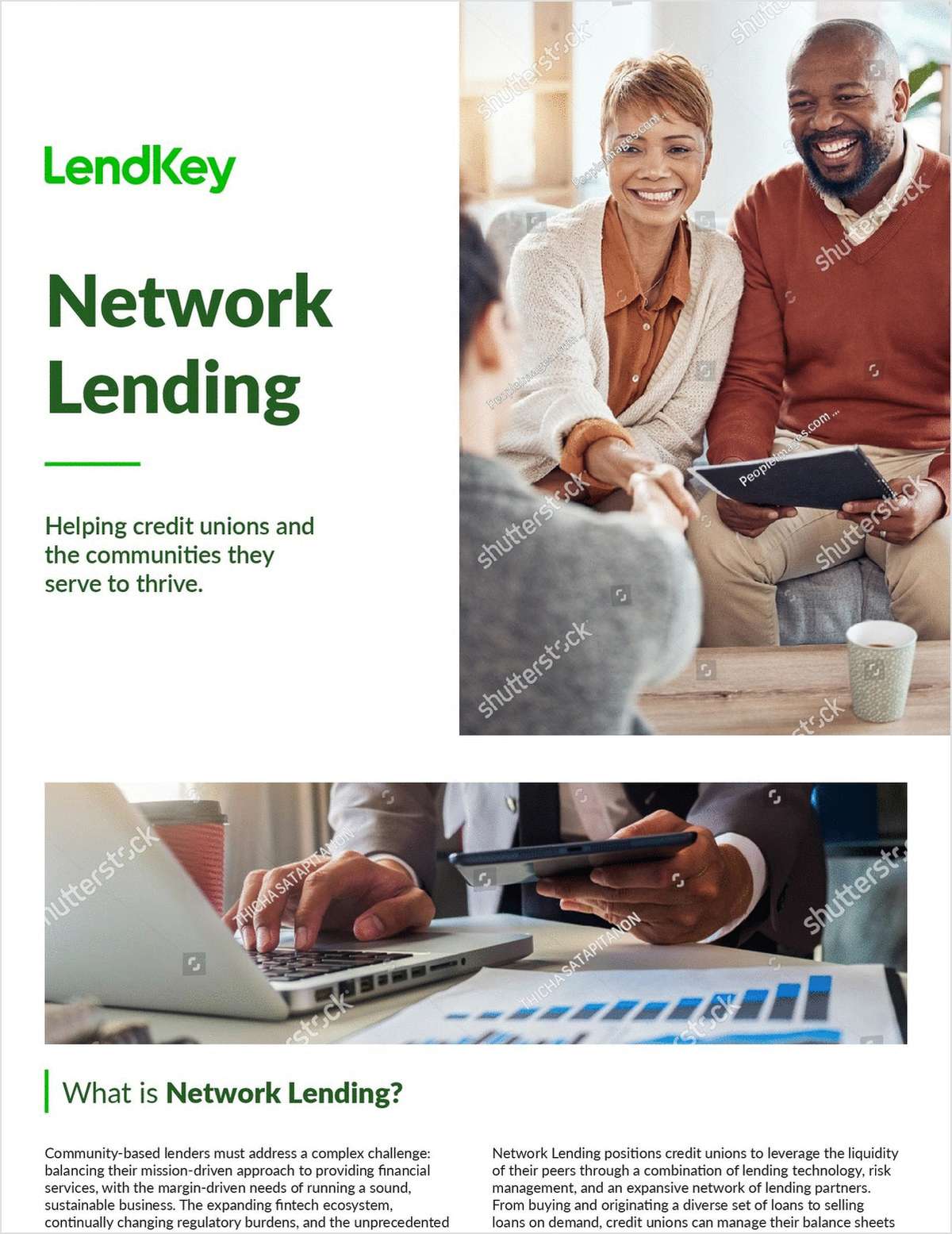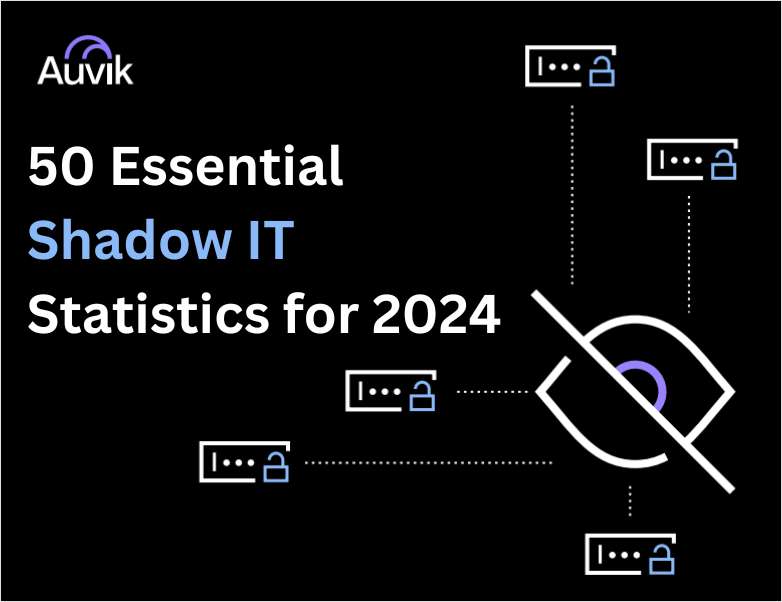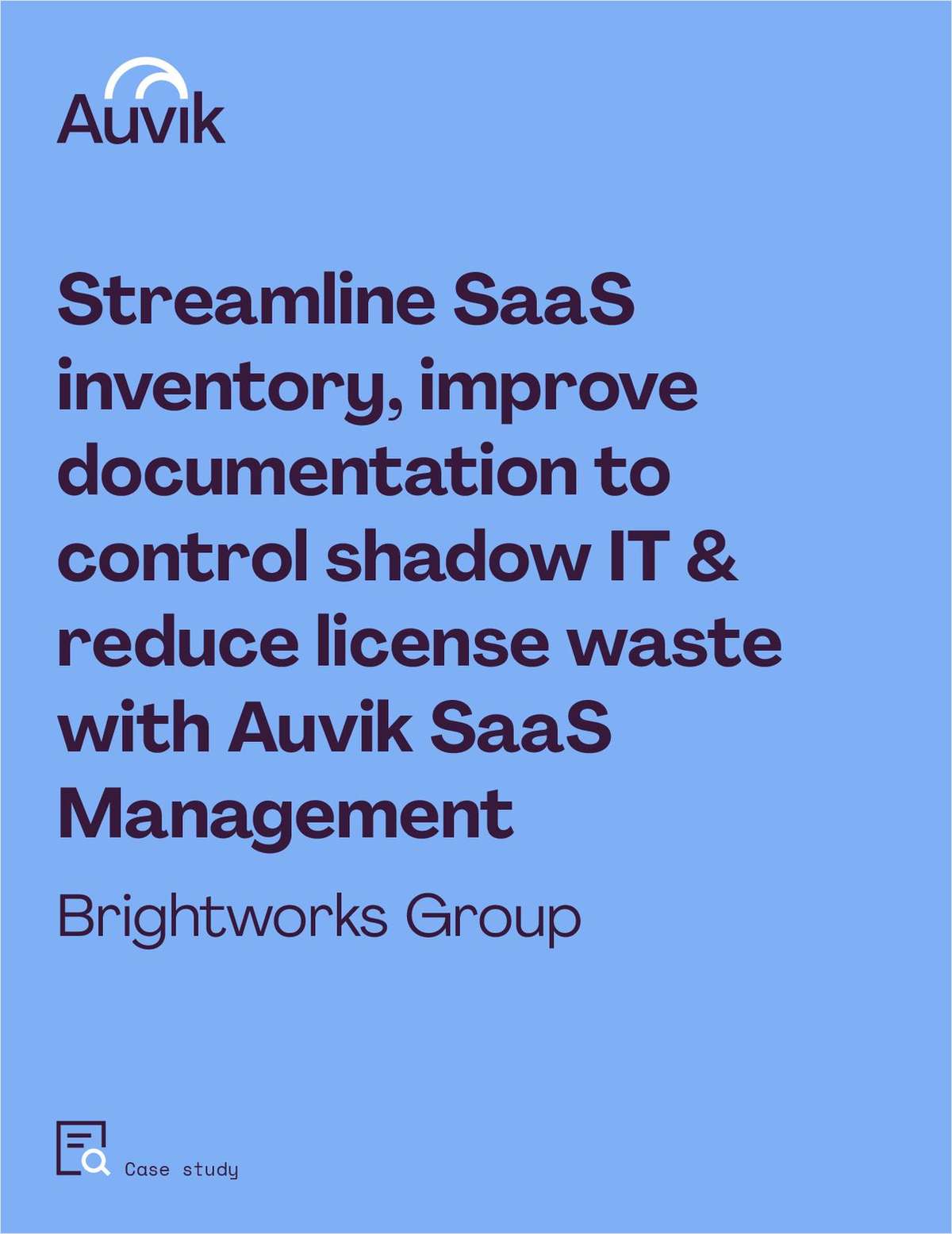RANCHO CUCAMONGA Calif. – For the first time both chairmen of the California Credit Union League and the Nevada Credit Union League are presidents of privately-insured credit unions. While they maintain that's "purely coincidence," it remains to be seen whether this will further spotlight the debate surrounding the federal and private insurance option for state-chartered credit unions. Bruce Rodela, president/CEO, Washoe CU, Reno, Nev. and Diana Dykstra, president/CEO, San Francisco Fire CU, who were named chairmen of their leagues at the California/Nevada Credit Union League's recent annual conference, both assumed their positions at their respective CUs after their formerly federally-insured credit unions converted to private insurance from American Share Insurance. Each of them advocate the value of both types of insurance and the importance of credit unions having a choice. "Both private and federal insurance play a role," says Rodela. "Having an option is important to the running of a credit union and for the boards of credit unions to weigh. I believe that as long as there are options to providing insurance that's a good thing." Dykstra concurs and emphasizes that, "I'm not anti-government insurance. The wonderful part of our system is we have an option between federal and private insurance and members and boards can determine which one is best for their credit union." Dykstra, the former president/CEO of Coast Hills FCU (formerly called Vandenburg FCU) adds that when consumers choose to do business with a financial institution "they need to consider the safety and soundness of that institution" and that "credit union regulators and auditors are there to make sure we don't have any failures since the underlying safety and soundness of the credit union industry is tied to the health of credit unions." But she stresses that, "It's up to each individual credit union to decide what's right for it. It's not my responsibility as chairman of the California Credit Union League to stand up in front of affiliated credit unions and tell them whether they should go to federal or private insurance." Dykstra said San Francisco Fire CU has vascillated between being federally and privately insured – the $375 million credit union was privately insured "many years ago," then it converted to federal insurance, then it reconverted back to private insurance. "It wasn't so much that the membership was against federal insurance, but members were upset because they have very high deposits in their accounts and they were concerned about insurance," she explained. San Francisco Fire CU's 19,000 members include firefighters whose average deposit is $18,000. In addition to members' deposits being insured up to $250,000, the CU also provides members excess insurance from ASI for an additional $250,000, so members' funds are insured up to $500,000. Federal insurance insures members' accounts up to $100,000. The $66-million Washoe CU also provides its 9,000 members $250,000 per account from ASI, as well as excess $250,000 insurance for funds higher than that. The credit union converted to private insurance in 1985. Rodela wasn't with the CU when it converted – he's been president of WCU since 1988, and prior to that he headed Sonepco FCU in Las Vegas – but he said Washoe converted to private insurance because "it was the wishes of our members." "The private and federal insurance option is important to credit unions, both can coexist," says Rodela, adding that since he came to Washoe six years ago, he's only taken a handful of questions from members about private insurance. "Various state administrators or commissioners feel comfortable with the federal insurance option, there's a comfort level," he says. "There's a perception by those in favor of federal insurance that the federal government would be able to better step in than the state in case of a catastrophic event. I think the government plays an important role in helping out its citizens, but if there was a catastrophic event, the insurance fund won't be able to bail out consumers. It would fall back on taxpayers' pockets" When it comes down to it, both league chairmen agree that as far as private versus federal insurance is concerned, "it's a choice that should be left to the members to decide." Remembering back to 1998 and credit unions' grassroots efforts towards securing passage of H.R. 1151, the Credit Union Membership Access Act, Dykstra said, "Our mantra during (H.R.)1151 was it's about choice, and that's how I feel about a lot of controversial issues. It's not about what's right or wrong but what's right for your members." -
Continue Reading for Free
Register and gain access to:
- Breaking credit union news and analysis, on-site and via our newsletters and custom alerts
- Weekly Shared Accounts podcast featuring exclusive interviews with industry leaders
- Educational webcasts, white papers, and ebooks from industry thought leaders
- Critical coverage of the commercial real estate and financial advisory markets on our other ALM sites, GlobeSt.com and ThinkAdvisor.com
Already have an account? Sign In Now
© 2024 ALM Global, LLC, All Rights Reserved. Request academic re-use from www.copyright.com. All other uses, submit a request to [email protected]. For more information visit Asset & Logo Licensing.









